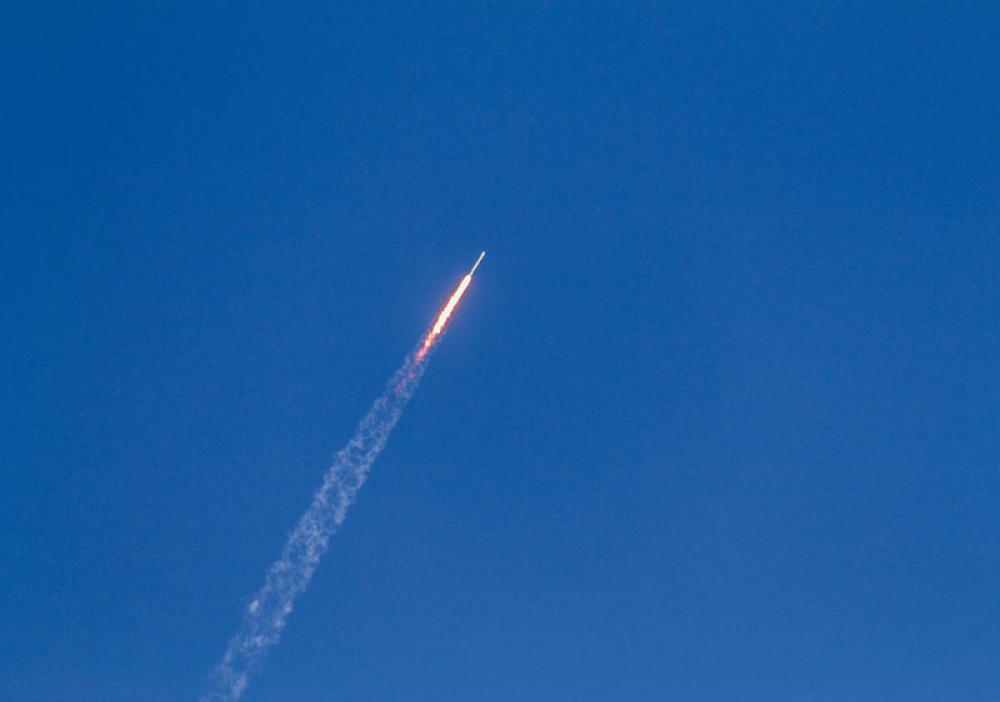Just Earth News | @justearthnews | 15 Jan 2024, 10:10 pm Print
 Israel-Iran
Israel-Iran Photo Courtesy: Unsplash
Iran’s Islamic Revolution Guards Corps on Tuesday confirmed it targeted an 'Israeli' espionage headquarters in Iraq’s semi-autonomous Kurdistan region with ballistic missiles.
The guard said the attack was carried out as part of an operation against anti-Iran terror groups and networks in the region.
“In response to the recent evil acts of the Zionist regime in martyring IRGC and resistance commanders, the Islamic Revolution Guards Corps, with its nobility and intelligence, targeted and destroyed one of the main headquarters of Israel’s spying agency Mossad in Iraq’s Kurdistan region by firing ballistic missiles”, the IRNA news agency reported quoting IRGC statement said.
“This Mossad headquarters has been working for espionage operations and a center for terror attacks planning in the region, especially against our beloved country,” the statement said.
At least four civilians were killed and six injured in the strikes on Erbil, the Kurdistan government’s security council said in a statement as quoted by The Times of Israel, describing the attack as a “crime.”
The news portal quoting Iraqi security and medical sources said Kurdish businessman Peshraw Dizayee and several members of his family were killed in the strike.
US condemns
The United States, meanwhile, condemned the attack and called the strikes 'reckless'.
"The United States strongly condemns Iran’s attacks in Erbil today and offers condolences to the families of those who were killed," US State Department spokesperson Matthew Miller said in a statement.
" We oppose Iran’s reckless missile strikes, which undermine Iraq’s stability. We support the Government of Iraq and the Kurdistan Regional Government’s efforts to meet the aspirations of the Iraqi people," the statement said.
- Farewell address: Yunus reopens ‘Seven Sisters’ conversation before power shift in Bangladesh
- Viral video shows Pakistani Army Chief Asim Munir nearly stopped, asked to flash ID at Munich Security Summit
- Two weeks, 30 targets: US intensifies strikes on ISIS in Syria
- From exile to power: BNP chief Tarique Rahman’s big ‘justice’ vow in first post-poll presser in Bangladesh
- OpenAI’s GPT-5.2 proves new formula in Particle Physics — In just 12 hours





-1763561110.jpg)
